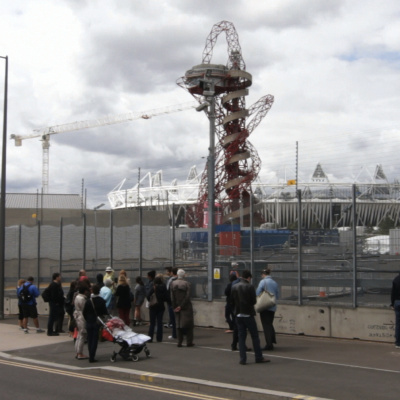The Counter-Monument – A Counter-History
What would a counter-history of the counter-monument look like and why would such a history be necessary to explore? Concepts for understanding the relationship of monuments, memory, and mass violence emerged in the aftermath of the Holocaust, shaped by the particular historical context of post-Second World War European liberal democracy. In that context, where Holocaust memory has been in many ways institutionalized, the counter-monument was posed as a means towards “never-to-be-resolved debates” that supposedly keep memory of genocide alive. Accounts of the counter-monument oppose these unresolved debates to sheer forgetting. In a counter-history, by contrast, unresolved debates about memory appear as post-political symptoms that can be opposed not only to forgetting but also to political resolution. In this presentation, I will explore the relation of the counter-monument in 1990s Germany to the 1990s Bosnian Genocide as a key moment in the counter-monument’s counter-history. How did the political horizons of the German counter-monument relate to the horizons of European liberal democracy? How did the unresolved debates about genocide memory facilitated by the German counter-monument refract not only on the Holocaust but also on the ongoing Bosnian Genocide? And how did the counter-monument itself change when it traveled from post-Holocaust Germany to post-genocide Bosnia? The counter-history of the counter-monument opens to these and an ensemble of related questions.
